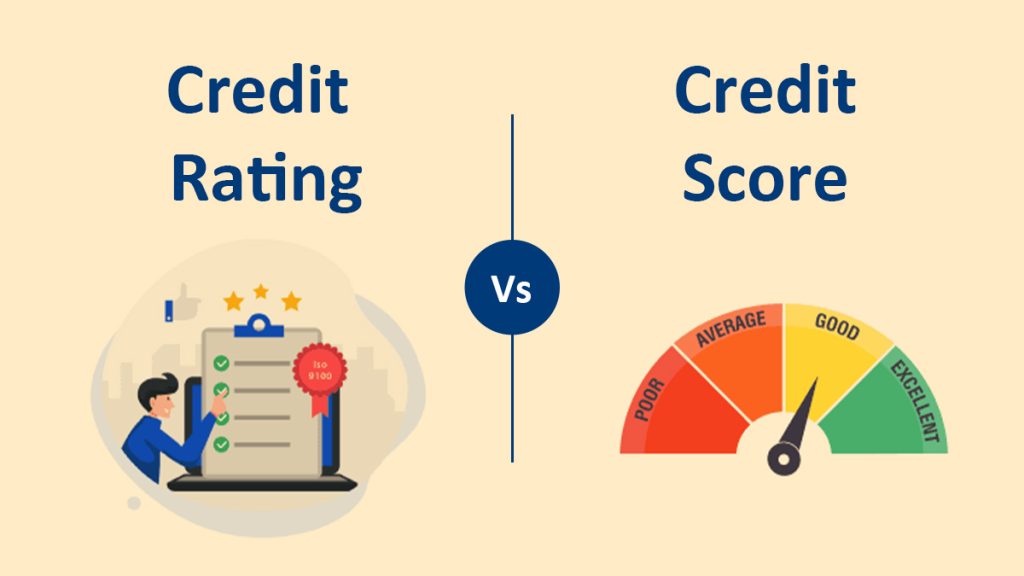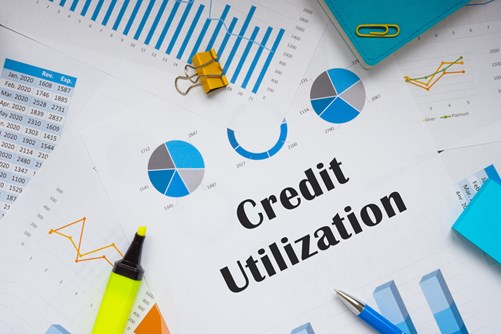Your Financial Grade: The Ultimate Guide to Understanding Your Credit Score
In the world of finance, your Credit Score is the most important three-digit number you will
Overview
In the world of finance, your Credit Score is the most important three-digit number you will ever encounter. Think of it as your financial grade, a number between 300 and 900 that tells lenders how trustworthy you are with borrowed money. A score above 700 is typically considered good, signaling mature and reliable credit handling.
Getting to know this score isn’t just about securing loans; it’s about giving yourself the power to get the best interest rates and most favorable terms.
Personal vs. Business: Knowing Your Score Type
There are two main types of credit scores, each serving a distinct purpose:
- Personal Credit Score: This score reflects your individual financial credibility, based on your payment history and how much you owe. A low score here flags risky habits, limiting your borrowing potential.
- Business Credit Score: This signifies a company’s creditworthiness. It’s calculated using the business’s own financial history and its repayment track record. However, for small businesses with unlimited liability, the owner’s personal score may also be considered.
How Your Score is Calculated
Your credit score isn’t pulled from thin air; it’s a calculated measure based on several key ingredients monitored by credit bureaus. Understanding these factors is the first step to mastering your score:
- Payment History: This is the most critical factor. Every missed, delayed, or on-time payment is recorded and used to predict your future behavior.
Pro-tip: always pay your EMIs and dues on time! - Credit Utilization Ratio (CUR): This is the ratio of the credit you use versus your total available credit. A high CUR suggests you are “credit-hungry” and struggling financially, which is viewed as a risk.
Pro-tip: Keep your spending below 30% of your credit limit! - Length of Credit History: The longer you’ve responsibly managed credit, the better. Longevity showcases stability and experience in handling debt.
Pro-tip: Be consistent and responsible with payments! - Credit Type Mix: Having a healthy blend of different credit types, like a credit card (short-term) and a mortgage (long-term), suggests competence in managing various financial obligations.
Pro-tip: Make sure your payments are wise and diverse! - Credit Inquiries: Every time you apply for new credit, a hard inquiry is generated, which can slightly drop your score. Checking your own score is a soft inquiry and does no harm.
Pro-tip: Make sure you check in with soft inquiries to stay vigilant!
The Strategy: Improving Your Financial Grade
If your score needs a boost, a focused approach is necessary.
- Consistent Payments: Set up reminders or automate payments. Timely repayment is the foundational pillar of a high score.
- Low CUR: Pay down your credit card balance more than once per billing cycle and consider requesting a higher credit limit to keep your CUR below that critical 30% threshold.
- Keep Old Accounts Open: Closing long-standing credit cards shortens your credit history and can negatively impact your score. Keep those old accounts open to show a long, stable credit relationship.
- Limit Applications: Avoid unnecessary applications for new credit to minimize those score-dropping hard inquiries.
- Monitor Your Report: Periodically check your credit report for errors. Inaccuracies can silently drag your score down, and you have the right to dispute them.
 Conclusion
Conclusion
Remember, building a great credit score takes time and discipline, but benefits like lower interest rates and easy loan approvals are well worth the effort.



